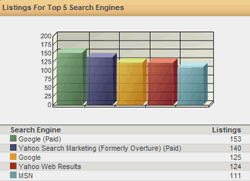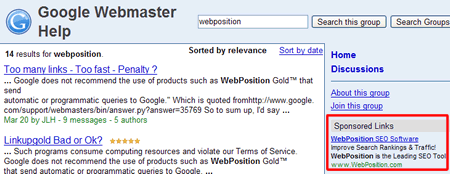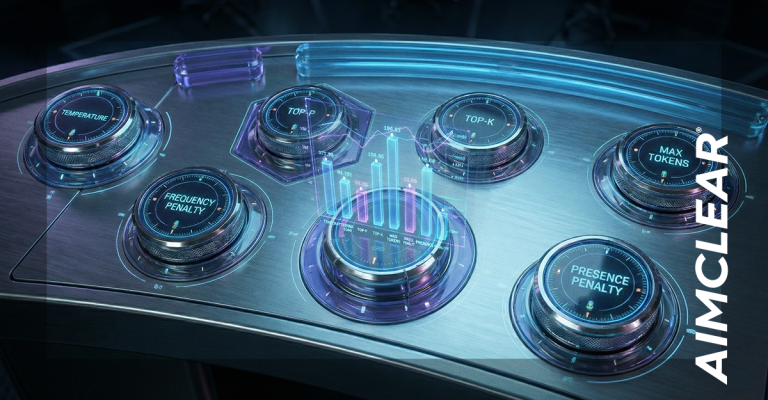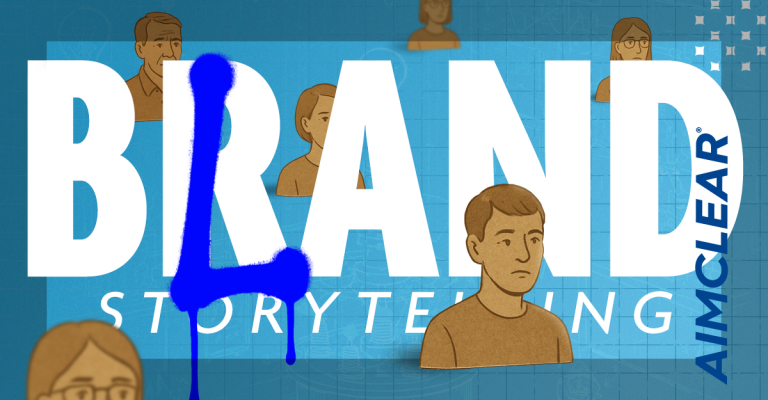
However before we really get going here, it should be noted that organic prominence reporting, WebPosition’s forte, is dead anyway. The inevitable progression of personalized search, which returns customized SERPs based on individuals’ web history, codifies the deal. Bulletproof conversion and ROI metrics calculated by modern analytics are the only uncontested measures of SEM success.
Clients Understand the Web 1.0 Way.
Many of our search marketing clients still perceive organic keyword rankings as the singular measure. To an extent they are correct in their assessment of value: top rank for a keyword is still a great asset. However, true search marketing experts teach prospective clients the new reality during the sales process and lead existing clients through the adaptive process. Also, WebPosition has other features which remain useful like Link Defender and Page Critic AKA “Beat the Algorithm.”
WebPosition’s Organic Prominence Reporter: The Pathology of Demise
The announcement from Google was cryptic: “As of December 5, 2006, we are no longer issuing new API keys for the SOAP Search API. Developers with existing SOAP Search API keys will not be affected.” SOAP was the Google API feature which allowed access to keyword rankings directly from the Google database infrastructure. On December 6th the SOAP API ceased to function in WebPostion, even for those of us in possession of API keys.
WebPosition blamed it on Google and advised users to turn off SOAP access in WP and switch back to the illegal screen-scraping mode. You see, in the past Google has officially discouraged screen-scraping the SERPs.
Since WebPosition Gold™ and other organic rank reporting and sponsored search bid management tools have always relied on immediate access to current organic and paid search rankings; this was a major blow to life as we knew it. Using WebPosition Gold’s “Reporter” was now officially against the rules.
Organic Prominence Reports
The SOAP API key was the only method Google encouraged for us SEM types to automate testing a keyword’s organic prominence without scraping the SERPs. Though the rules were not rigorously enforced, the abandoned capability left no legal method to test Google keyword rankings. SEM practitioners were left out in the cold and stuck with the sole option of breaking Google’s rules or running blind.
Most of us screen-scraped anyway and Google seemed to gradually clamp down. Even with settings that emulate human search patterns, automated searches now result in Google shutting you off with an oblique error message accusing your computer of being infected with spyware or some nasty virus.
Automated Bidding Software
Search Engine Optimization was not the only search marketing agency tool to take a major hit that day in December. Automated bid management tools like Apex Pacific BidMax suffered too. Formally, current sponsored ranking positions could be instantly accessed allowing bid management software to make bidding “decisions” based on actual current rank. With the demise of SOAP backend access, bid management tools entered a new era of forced dependence on average sponsored keyword positioning as opposed to actual current position…bummer.
With the API changes, Google’s AdWords Position Preference, and Preferred Cost Bidding features, SEM pundits speculated that third party software bid management through the API had evolved to a place of dwindling value and might spell the end for bid managers using software from the paid search bid management companies like Atlas, Omniture, KeyWordMax. Time is proving this true.
Google Kills WebPosition
In early June, Google updated their webmaster guidelines with specific intent to finish off WebPosition as the poster child for Google’s disdain for automated queries:
“Google’s Terms of Service do not allow the sending of automated queries of any sort to our system without express permission in advance from Google. Sending automated queries absorbs resources and includes using any software (such as WebPosition Gold™) to send automated queries to Google to determine how a website or webpage ranks in Google search results for various queries. “
and
Don’t use unauthorized computer programs to submit pages, check rankings, etc. Such programs consume computing resources and violate our Terms of Service. Google does not recommend the use of products such as WebPosition Gold™ that send automatic or programmatic queries to Google.
Yeah, So What?
At the end of the day this is no big deal. It’s true that in this transitional phase, where personalized search has not fully hit, WebPosition is still a useful (albeit illegal) SEO tool. Clients still relate to organic prominence reporting so search marketing companies like us still profile sites with WebPosition, especially during the sales process. However WebPosition and other tools which depend on real-time reporting of organic and paid keyword rankings on SERPs are all the way dead. Google has done their level best to limit transparency and our ability to use tools (other than Google’s own) which depend on real-time feedback about current keyword rankings.
Google Accepts Adwords Cash From Banned Product.
As an aside, it should be mentioned that that Google has no trouble whatsoever accepting AdWords money from WebPosition to advertise an SEO tool which Google has specifically banned.










